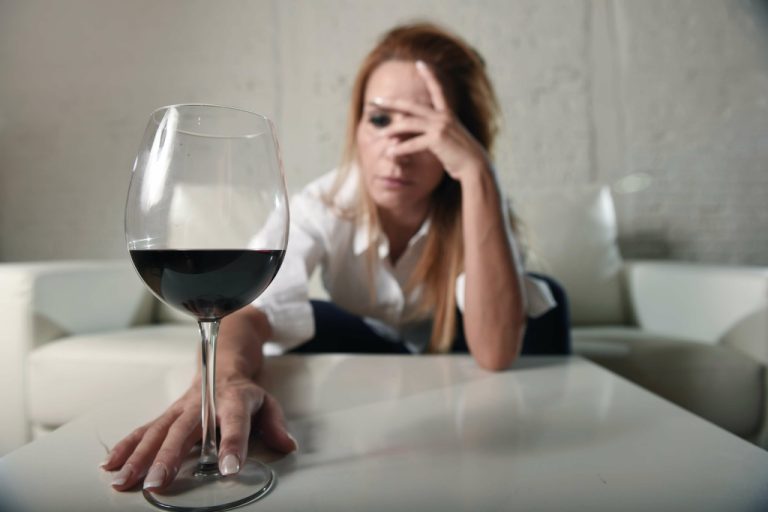Content
For many of us, this sense of mistrust is carried into our adult lives and makes intimacy difficult or impossible. People who cannot trust are not willing, or are too scared, to take even the small risks involved in moving towards friendship and intimacy. Some of us avoid close relationships altogether. Many of us with trust problems develop relationships which resemble intimate ones, but actually remain mostly at the acquaintance layer. Together, the addict/ alcoholic and the partner follow an unwritten law, which tells them not to talk about anything that might be difficult or might feel uncomfortable. Their fear keeps them from sharing with each other at a deep level.
Do marriages survive sobriety?
When asking whether marriage can survive sobriety, the answer can be yes—if a couple takes a healthy approach to managing their problems and discussing their feelings. It will take time to rebuild trust so it's important to not put pressure on each other and instead take it one day at a time.
But, this isn’t always the case at the beginning of recovery. Want to learn how to support yourself and your spouse during this time of change? Read on to discover our tips for sober spouses married to an addict in recovery.
Hiking and Mental Health: The Benefits of Hiking Therapy
For more information on AAC’s commitment to ethical marketing and treatment practices, or to learn more about how to select a treatment provider, visit AmericanAddictionCenters.org. This can help you to reduce the amount of blame and anger you feel toward your spouse. We’re dedicated to sharing “the mindful life” beyond the core or choir, to all those who don’t yet know they give a care. We focus on anything that’s good for you, good for others, and good for our planet. Every time you read, share, comment or heart you help an article improve its Rating—which helps Readers see important issues & writers win $$$ from Elephant.
And sometimes it relates if somebody’s making efforts to connect with their partner, but it’s not really working with a partner, then it’s a what would be called a failed bid. So, it sober house is any attempt to connect with the partner, and sometimes they’re not seen as bids, they’re seen as irritations. So, I made this special dinner for you, because I know you love this.
Getting Your Marriage Back on Track After Sobriety
After the addict has recovered, however, repairing the relationship is possible. Although rebuilding trust and intimacy will be difficult, you can put your marriage back together using the tips below. About nine months later, staring down the hallway into my son’s room, I had a moment of clarity. I had a child to raise that depended on me. If the person with SUD suddenly isn’t dependent upon their partner to take care of them, this can cause a disruption in the relationship as well.

You can expect to learn new habits and new ways of enjoying life without alcohol. It is normal to have some feelings of uncertainty and discomfort when you decide to stop drinking, but over the long term, sobriety comes with numerous benefits. Think about other ways to stay connected to your kids and build trust. Try video chat and attend events where other people can also be there (e.g., school plays or sports, grandparent birthdays).
OUR DAY JOBS
Additionally, Dr. Navarra contributed an article on couple recovery from addiction for the Encyclopedia of Couple and Family Therapy. Getting your marriage back on track after sobriety won’t be easy, but it can be done with hard work, patience, and communication. Professional help may also be necessary as you work to rebuild your relationship. As you develop this new relationship, take time to date one another.

As an active alcoholic, I was in immense emotional pain but I also caused a lot of pain. My husband, in having to navigate a relationship with a drunk, had built up certain defenses. He loved me but he still had to live with me which, I can imagine, was really trying at times.
Therefore, it is crucial to clearly and honestly communicate with one another during recovery. Without transparency and honesty, it will be difficult for the partner to trust again. Addiction is chronic, so having open communication will enable intimate partners to better understand each other and leads to better recovery outcomes. It is only after the recovery of both partners is solidly underway that it is safe for them to attempt true intimacy with each other.
However, there’s going to be some friction, and that’s when family therapy comes in handy. I never regretted Bill’s sobriety. I knew that without it, he would eventually destroy our relationship and his life. We had a clear vision of our life together that had been interrupted by his substance use disorder.
